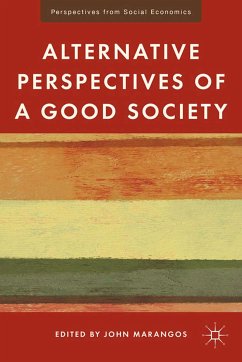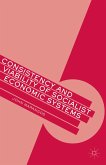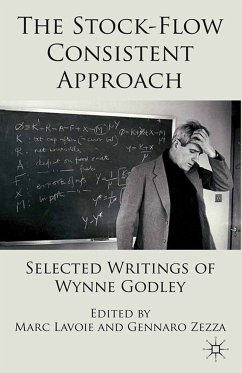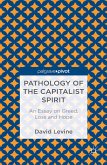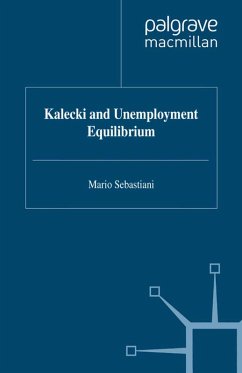Dieser Download kann aus rechtlichen Gründen nur mit Rechnungsadresse in A, B, BG, CY, CZ, D, DK, EW, E, FIN, F, GR, HR, H, IRL, I, LT, L, LR, M, NL, PL, P, R, S, SLO, SK ausgeliefert werden.
The list of contributing authors includes scholars at various career stages, and with all exhibiting
passionate commitments toward grappling with ethical challenges of our times that the economics profession
should consider, but has tended to neglect. Marangos builds upon his strengths in Comparative
Economics, and the nine chapters that follow his introductory chapter seek to answer the question:
How might differing economic systems, and at various stages of development, attempt to create if not
good at least better and fairer societies? What unifies these authors in their efforts is a heterodox tradition
that leads each of them to think outside the economists' small box. Though the contributors are
active as professional economists concentrated and working in a variety of fields, topics dealt with are
largely focused on ethics and society. This focus renders Marangos' book useful to any potential reader
concerned with ethical questions of our day, and open to learning what our few, highly principled economists
are thinking.' John Hall, professor of Economics and International Studies, Portland State University and
research professor, Halle Institute for Economic Research
'This thought-provoking collection brings home the importance of envisioning what a better organization
of our economy and society might look like and how we might get there. Written from a range of
theoretical perspectives, the chapters are certain to stimulate discussion and debate.' Deborah M. Figart, professor of Education and Economics, The Richard Stockton College of NJ

